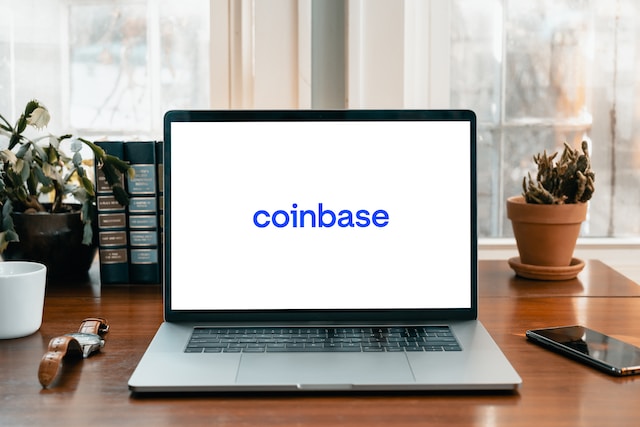
- Coinbase has responded to the SEC’s comments on its interlocutory appeal request, seeking judicial clarity on whether securities laws apply to cryptocurrency transactions.
- The recent approval of Ethereum ETFs and the FIT21 bill could significantly impact the court’s decision and the broader regulatory landscape for the crypto industry.
A Pivotal Legal Response
Crypto exchange Coinbase has ramped up its legal battle with the Securities and Exchange Commission (SEC) by filing a response to the SEC’s comments on its interlocutory appeal request. This move is part of Coinbase’s ongoing effort to seek judicial clarity on whether securities laws apply to cryptocurrency transactions.
Last month, Coinbase initiated an interlocutory appeal to the US Court of Appeal for the Second Circuit. The core question posed was whether the SEC has the authority to regulate digital asset transactions that do not involve traditional investment contracts. Coinbase argues that this issue is pivotal for the crypto industry, particularly in light of recent regulatory developments.
Regulatory Context and Industry Implications
The approval of Ethereum (ETH) Exchange-Traded Funds (ETFs) and the passing of the FIT21 bill in the House of Representatives are seen as potential game-changers. These developments could significantly influence the court’s decision regarding Coinbase’s appeal. The FIT21 bill, aimed at providing clear regulatory guidelines for the crypto industry, and the SEC’s approval of spot ETH ETFs mark a substantial shift in the regulatory landscape.
Paul Grewal, Chief Legal Officer at Coinbase, emphasized the urgency of the matter, stating, “We’re asking to take this key legal issue up on appeal earlier than normal because it’s critical to the crypto industry. Earlier this week the House recognized the need for clear rules, and we’re seeking clarity in the Courts as well.”
SEC’s Counter-Response and Legal Proceedings
The SEC countered Coinbase’s request for an interlocutory appeal on May 10, asserting that some transactions on the exchange platform qualify as investment contracts. The SEC argued that Coinbase’s question was unnecessary and should not be subject to an early appeal. Despite this, the recent legislative and regulatory shifts may pressure the courts to reconsider Coinbase’s request.
The interlocutory appeal process requires acceptance from the appellate court. Judge Katherine Polk Failla of the U.S. District Court for the Southern District of New York had previously denied Coinbase’s motion to dismiss the SEC’s initial lawsuit. Additionally, Coinbase faced a setback at the Supreme Court over its 2021 Dogecoin sweepstakes.
A Long Road Ahead
Coinbase has committed to enduring the lengthy legal process to achieve regulatory clarity for the crypto industry. Grewal reaffirmed this commitment, stating, “We’re committed to seeing this through no matter how long it takes to get clarity for the entire industry and push back against overzealous regulators. It’s what the 52 million Americans who own crypto deserve.”
The outcome of this legal battle could set a precedent for how cryptocurrency transactions are regulated in the United States, making it a case with far-reaching implications for the entire industry. As the courts deliberate, the crypto community watches closely, anticipating a decision that could redefine the regulatory framework for digital assets.




